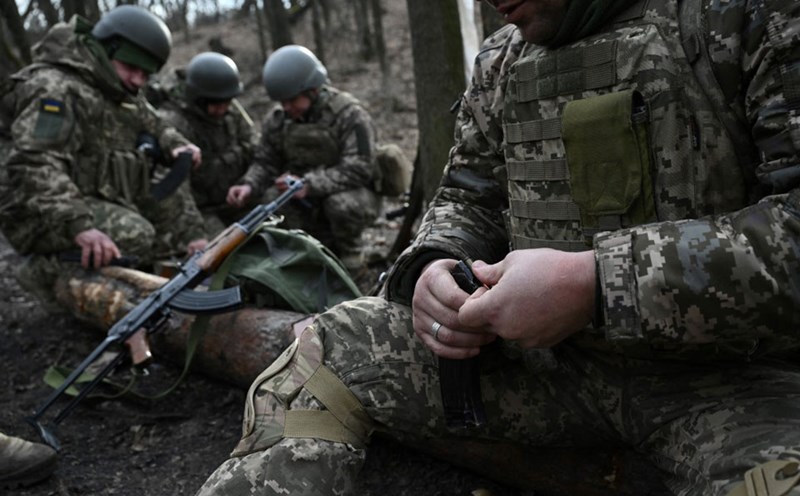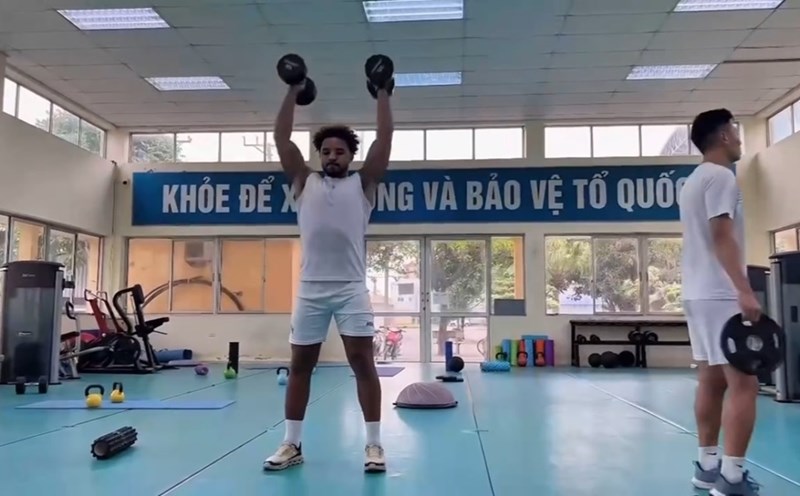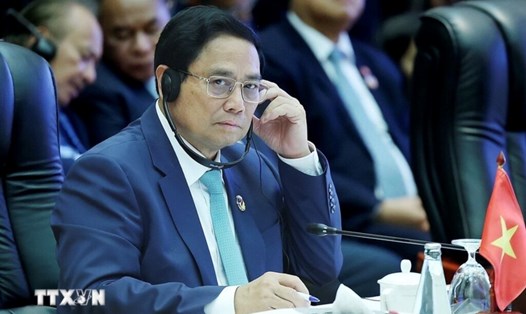For India, promoting economic cooperation and trade exchanges with the EU is also very important and necessary because up to now, the EU has become India's third largest economic and trade partner, after the US and China.
Under pressure from the new US administration such as being subject to a 25% trade protection tariff, as well as the urgent need to reduce risks in economic and trade cooperation with China, the EU must implement a strategy including three main orientations.
The first orientation is to redefine the response to China and the US to best suit the new context. Second, it is to further promote and comprehensively strengthen the economic and trade cooperation that has been achieved so far with partners around the world - in this area especially India. Third is to seek new cooperation partners, diversify economic and trade partners as well as reach more remote areas, especially the Indo-Pacific region.
Long-distance partners have become more important to each other both at present and in the long term, so it is necessary to get closer together.
The common goal that both sides are aiming for and expect this meeting between India and the EU Commission to bring back the decisive change is to successfully complete the negotiation process on the establishment of a bilateral free trade zone, achieving substantial progress in implementing the plan to build the India - Middle East - Europe Economic Corridor (IMEC) initiated by both sides as a counterpart to the One Ring, One Road initiative of China and expanding cooperation to new areas of digital technology and digital transformation, green and clean energy, semiconductor technology and national defense.
The two sides have a favorable premise to become "natural partners" with each other, however, the current situation is forcing them to connect and link together more closely and substantially.










